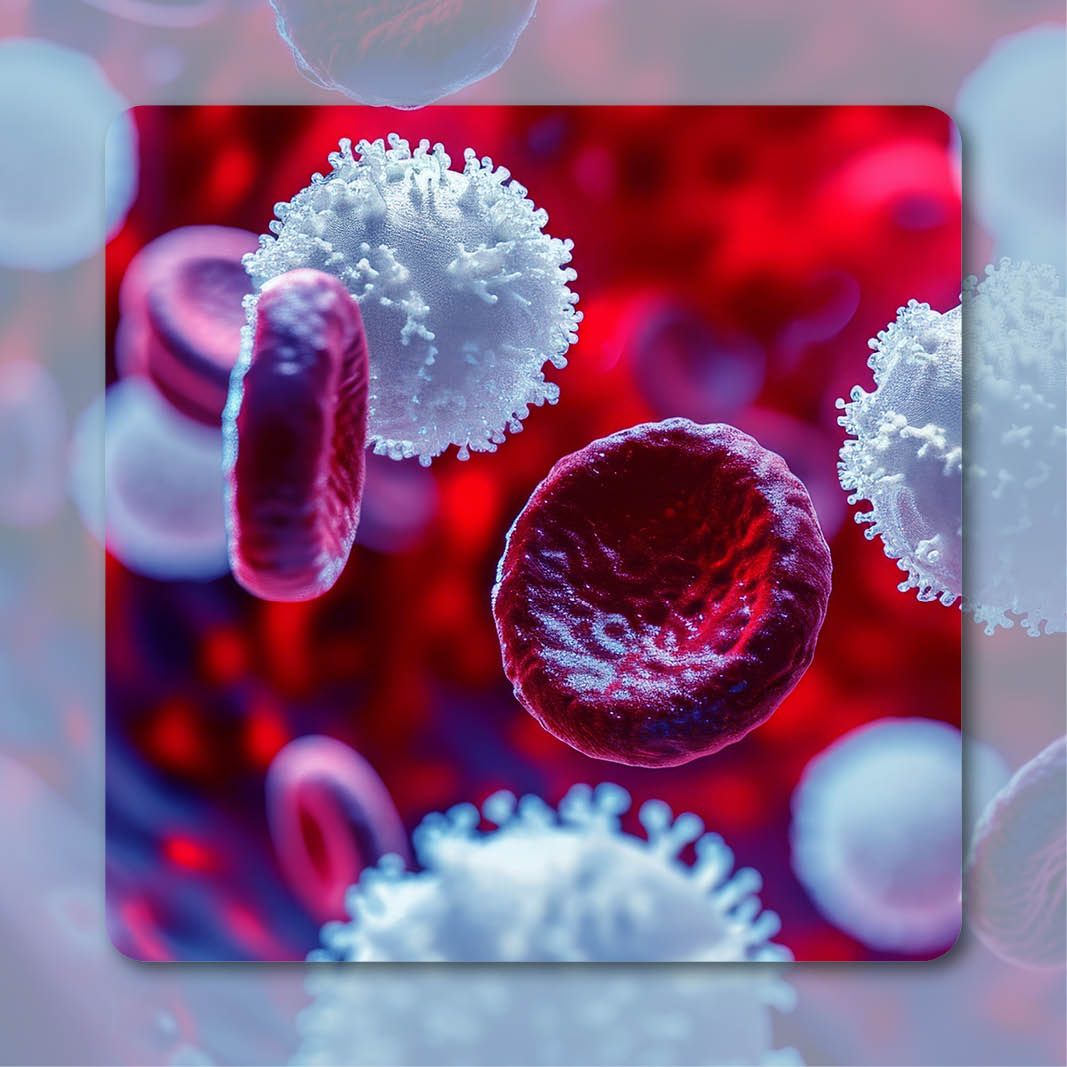Podcast
FDA Approval Insights: Daratumumab / Carfilzomib / Dexamethasone in Myeloma
Author(s):
In our exclusive interview, Saad Z. Usmani, MD, FACP, discusses the FDA approval of daratumumab, carfilzomib, and dexamethasone in relapsed/refractory multiple myeloma.
Welcome to OncLive On Air™! I’m your host today, Jessica Hergert.
OncLive On Air™ is a podcast from OncLive, which provides oncology professionals with the resources and information they need to provide the best patient care. In both digital and print formats, OncLive covers every angle of oncology practice, from new technology to treatment advances to important regulatory decisions.
Today, we had the pleasure of speaking with Saad Z. Usmani, MD, FACP, chief of the Plasma Cell Disorders Program and director of Clinical Research in Hematologic Malignancies, at the Levine Cancer Institute of Atrium Health, to discuss the FDA approval of daratumumab (Darzalex) in combination with carfilzomib (Kyprolis) and dexamethasone (KDd) for patients with relapsed/refractory multiple myeloma who have received at least 1 prior line of therapy.
On August 20, 2020, the FDA approved the triplet in 2 carfilzomib-dosing regimens: 70 mg/m2 once weekly and 56 mg/m2 twice weekly. The regulatory decision was based on findings from the phase 3 CANDOR trial and the phase 1b EQUULEUS trial (MMY1001).
In CANDOR, patients with relapsed/refractory disease who had received 1 to 3 prior lines of therapy were randomized 2:1 to receive KDd or carfilzomib and dexamethasone alone (Kd).
Results from the trial showed that the addition of the anti-CD38 antibody led to a 37% reduction in the risk of disease progression or death. At a median follow-up of 17 months, the median progression-free survival was not yet reached with KDd versus 15.8 months with Kd alone. Moreover, the median overall survival had not yet been reached in either treatment arm.
Additionally, an objective response rate of 84.3% was reported in the KDd arm versus 74.7% in the Kd arm. The rates of complete response or better were 28.5% versus 10.4% with KDd and Kd, respectively.
Treatment discontinuation rates because of toxicities were 22.4% versus 24.8% with KDd and Kd, respectively. In the KDd arm, 3.9% of patients experienced grade 3 or higher cardiac failure versus 8.5% of those in the Kd arm. Cardiac failure resulted in carfilzomib discontinuation in 3.9% versus 4.6% of those on the KDd and Kd arms, respectively.
Moreover, 5 treatment-related deaths were reported; all were reported on the triplet arm; 1 each were due to pneumonia, sepsis, septic shock, acinetobacter infection, and cardiorespiratory arrest.
In the EQUULEUS trial, investigators evaluated daratumumab in combination with various backbone therapies in patients with relapsed/refractory multiple myeloma and showed that the pharmacokinetic concentrations of daratumumab at 16 mg/kg were comparable at the end of weekly dosing, regardless of whether it was a split-dose or a single infusion. Additionally, the safety profiles were similar across both dosing regimens.
Daratumumab is currently indicated as a single agent for patients with myeloma who have previously received 3 or more lines of therapy; in combination with lenalidomide (Revlimid) and dexamethasone or bortezomib (Velcade) and dexamethasone for those who have received 1 or more prior lines of therapy; in combination with pomalidomide (Pomalyst) and dexamethasone for those with myeloma who have received at least 2 prior lines of treatment, including lenalidomide and a proteosome inhibitor; and in combination with bortezomib, melphalan, and prednisone for the treatment of those with newly diagnosed myeloma who are not candidates for autologous stem cell transplant.
In our exclusive interview, Usmani discussed the FDA approval of daratumumab, carfilzomib, and dexamethasone in relapsed/refractory multiple myeloma.









